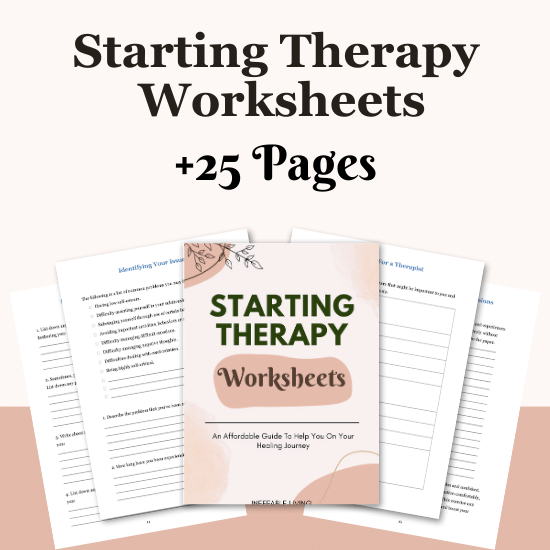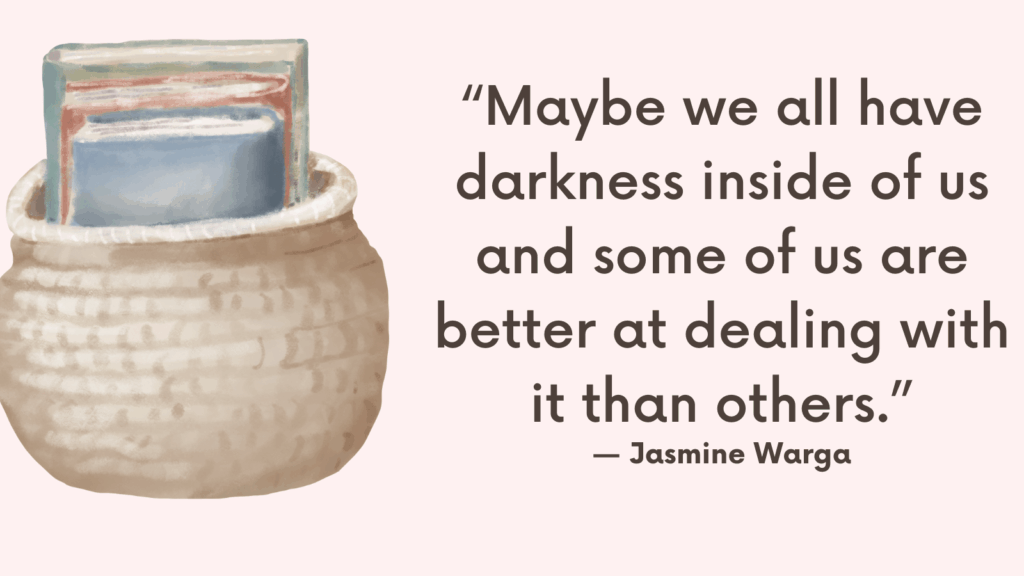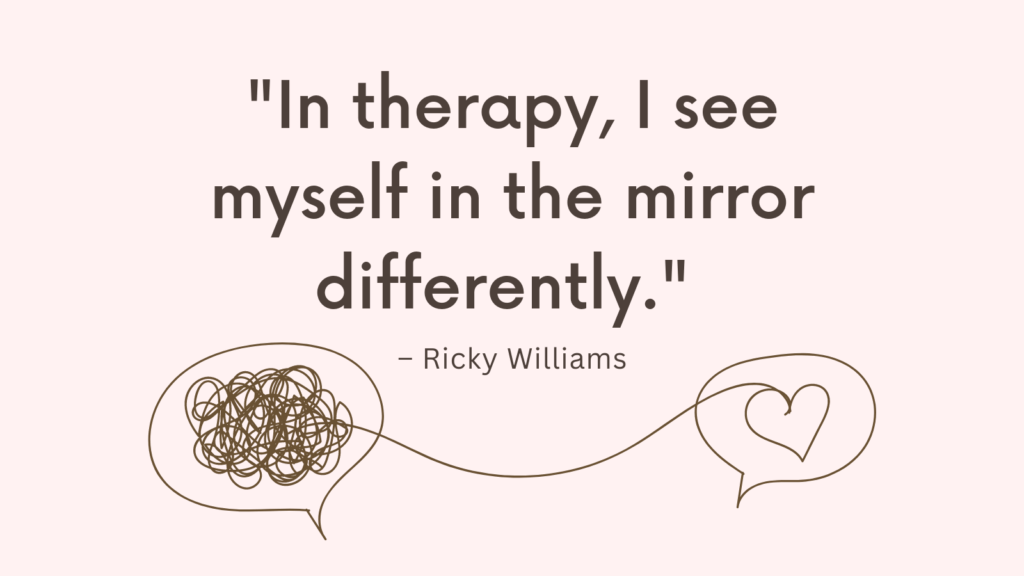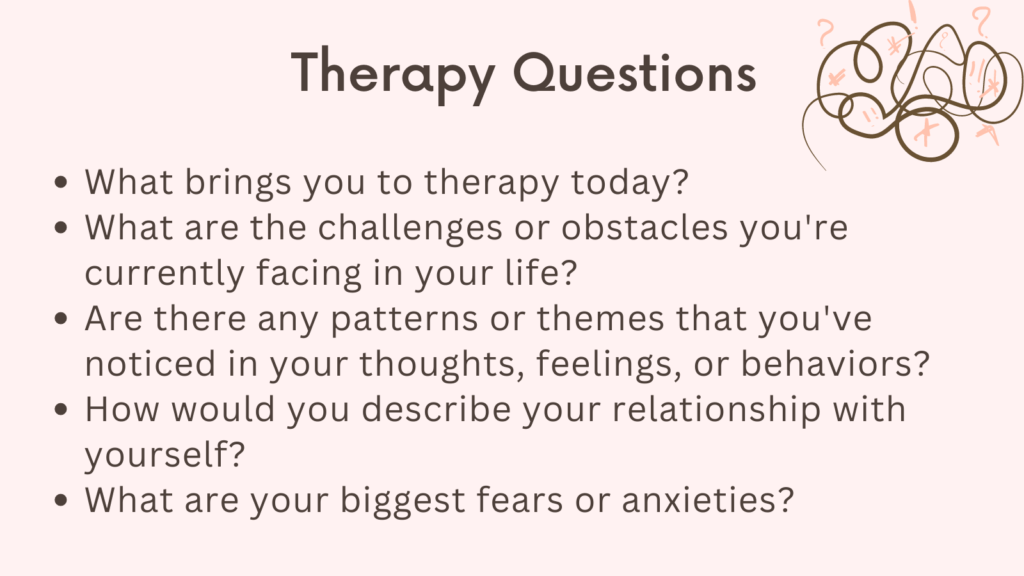Therapy doesn’t stop when the session ends — in fact, the space between sessions is where real integration happens. What you do during the rest of the week can either reinforce your growth or keep you stuck in old loops. If you want to get the most out of therapy, here are small but powerful habits that deepen the work and accelerate your progress.
Why Therapy Alone Isn’t Enough
Therapy can open doors—but what you do between sessions is what keeps them open. Without supportive habits, insights from therapy often fade or get buried by everyday stress. This disconnect happens because:
- You’re only processing emotionally once a week
- Old coping patterns take over without conscious awareness
- You lack daily routines to reinforce the emotional work
- You disconnect from the therapeutic mindset as soon as the session ends
- You’re hoping therapy will “fix you,” instead of partnering with it
Healing is a collaboration—between you and your therapist, and between your habits and your intentions.
Habits That Strengthen Therapy Results Outside Sessions
1. Reflect Right After Each Session
Take five minutes to jot down what stood out — a feeling, insight, or sentence that hit hard. This simple habit helps you remember and apply what you’re learning before it fades into the background.
Related: 8 Things to Avoid Telling Your Therapist
2. Track Emotional Patterns
Keep a low-pressure journal or note in your phone to log moods, triggers, and responses. Over time, you’ll start to see patterns that give you clarity and context for your sessions.
3. Practice Naming Your Emotions Daily
Building emotional vocabulary helps you speak more clearly in therapy. Instead of just saying “bad,” try “frustrated,” “invisible,” or “overwhelmed.” The more specific, the more useful.
4. Set One Therapy-Related Intention Each Week
Choose one small focus based on your last session — like “notice when I shut down in conversations” or “try expressing a need out loud.” Real change builds from tiny, intentional steps.
5. Create Space to Feel
Therapy stirs up emotions — don’t shove them aside. Make time to sit with feelings without needing to fix them. A quiet walk, music, or just 10 minutes alone can help you process gently.
Related: What To Talk To Therapist About: Top 35 Topics
6. Use Your Tools — Not Just Talk About Them
If your therapist suggests grounding techniques, boundaries, or thought reframes — practice them. Application is what turns insights into transformation.
7. Be Honest With Yourself Between Sessions
Notice where you’re resisting change, avoiding discomfort, or defaulting to old patterns. That awareness becomes fuel for deeper work in your next session.
8. Protect Your Energy
Growth takes bandwidth. Be mindful of people, routines, or content that drain you. Make space in your life that supports the emotional work you’re doing, not just fills time.
Related: 10 Most Common Unhealthy Coping Mechanisms (And How to Replace Them)
9. Revisit What You’ve Learned
Skim your journal, review session notes, or mentally walk through past breakthroughs. Reminding yourself of your own progress reinforces it.
10. Talk to Yourself With Compassion
Self-talk is therapy’s silent partner. Practice speaking to yourself like someone who deserves kindness, grace, and growth — because you do.
Related: Top 4 DBT Skills to Go from Crisis to Calm

Conclusion
Therapy is one hour a week — but you are with yourself all the time. These habits help bridge the gap between insight and lasting change. Healing doesn’t just happen in the room — it happens in the quiet moments where you choose to keep showing up.



